Coronavirus lockdown: Italy imposes nationwide restrictions to contain virus
Public gatherings are banned and travel restrictions imposed as cases in Italy soar past 9000.
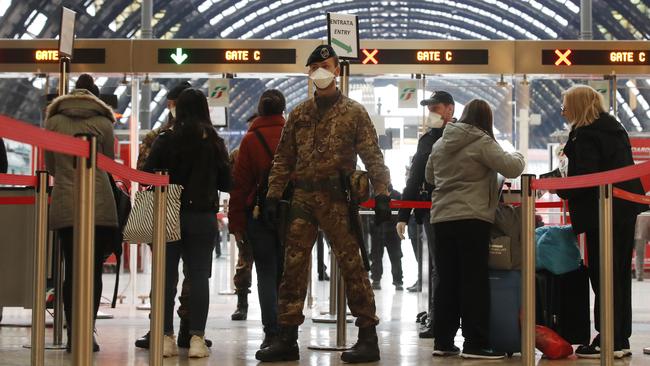
Italy extended its quarantine measures to the whole country on Tuesday, only two days after it imposed a lockdown on much of the country’s north, making it the first country in the world to place its entire territory under quarantine to contain the coronavirus epidemic.
Facing the biggest outbreak of the virus outside China, Italian Prime Minister Giuseppe Conte said all of the quarantine measures imposed in the north of Italy in recent days will apply to the whole country, with effect from Wednesday (AEST). That means Italian authorities will allow travel to, from and within Italy only if it is demonstrably necessary for work or health reasons. The nationwide quarantine also means employees are urged to take vacation and stay home, bars and restaurants must close at 6pm, and virtually all public gatherings are banned. In shops, churches and all gathering places, people must keep a distance between themselves of a metre, or just over 3 feet.
Italy is the world’s first country to place its entire territory under extraordinary restrictions. The effectiveness of the measures could influence whether other European countries follow suit if their coronavirus outbreaks reach similarly menacing proportions. Italian officials and health experts say the quarantine plan relies heavily on the general population playing its part by avoiding contact wherever possible, so as to slow the rate of new infections.
“I decided to adopt even stronger, stricter measures to be able to contain the spread of the virus as much as possible,” Mr Conte said at a news conference. “I’m aware of how serious this is, but I am forced to intervene even more decisively to protect all of us, and especially those who are more weak and vulnerable.”
The drastic step comes as Italy’s coronavirus crisis continues to worsen. By Monday, 9172 cases of infection had been confirmed, of whom 463 had died. The daily deaths from the virus are now the highest in the world, as far as public data show, overtaking deaths in China in recent days. The rising number of severe virus cases is threatening to overwhelm hospitals in northern Italy, the center of the outbreak. Intensive-care beds are running out in the Lombardy region, of which Milan is the capital, say doctors there.
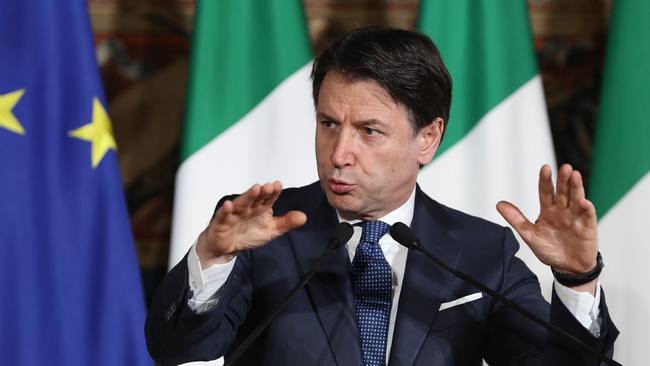
Other measures that now apply to the whole of Italy include the suspension of all sports events including the national soccer championship, the closure of shopping malls at weekends, and a ban on gathering outside bars to drink. Travel for work or health reasons must be supported by a written declaration of necessity. Violating the restrictions can result in a fine or a jail term. Police, emergency services and the military can enforce the restrictions.
It isn’t clear how severe the ban on movement within Italy, and between Italy and other countries, will be in practice. On Monday, the second day of quarantine in swathes of northern Italy, travel by air, rail and car was still possible, but police were carrying out checks in cities including Milan.
Restrictions on everyday life without precedent in Italy’s post-World War II history now confront the whole country. The national lockdown is in place until April 3.
Some measures already applied to the whole of Italy, even before Mr Conte’s latest announcement. Schools, universities, museums and movie theaters are already closed throughout the peninsula. But until today, travel remained unrestricted for most Italians.
“Our habits need to change. We all have to give something up for Italy’s good,” Mr Conte said.
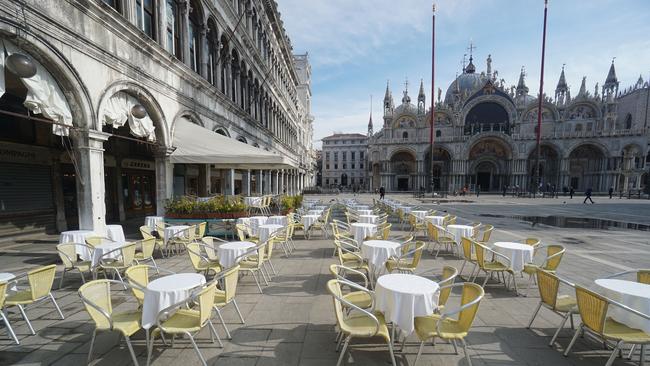
The nationwide lockdown came at the end of a day on which Italy grappled with the fallout from the virus epidemic, including a wave of rioting in its prisons.
After the authorities curbed visits by inmates’ relatives, violent revolts took place at 27 jails around Italy, according to prison police union DirPolPen. Six prisoners at a jail in the northern town of Modena died of drug overdoses after taking control of the jail’s infirmary. Unrest also broke out at prisons in Rome, Milan and the Sicilian capital Palermo. Relatives of prisoners demonstrated outside some jails, demanding an amnesty for inmates because of the national virus emergency.
Most of the riots, which also led to 20 minor injuries suffered by prison guards and medical staff, had been contained by early Tuesday. But police unions said they feared the unrest could flare up again. “If mass protests spread in jails, I don’t know how we could contain it,” said Donato Capece, head of another prison police union, Sappe.
The Wall Street Journal
Outside prisons, Italy was mostly calm, as the nation digested the draconian measures and tried to figure out what they meant in practice. Police stopped travellers at train stations and airports in northern regions, asking them to produce a written form explaining why their trip was necessary. It was a sight the whole of Italy is now set to experience.
The Wall Street Journal


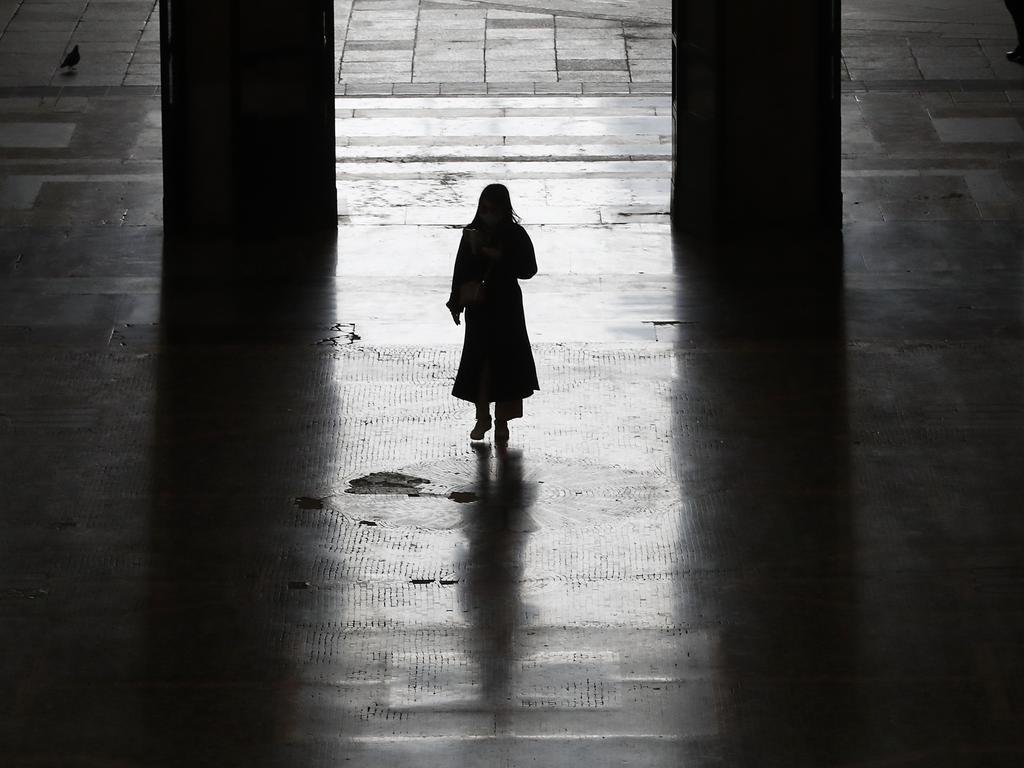
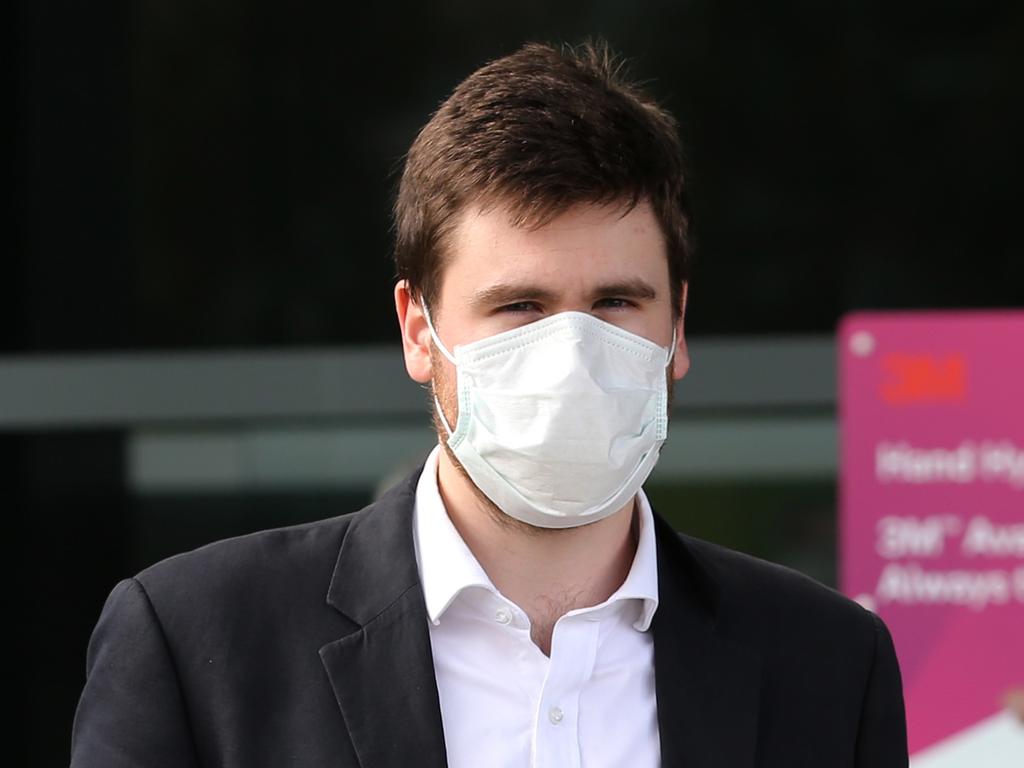



To join the conversation, please log in. Don't have an account? Register
Join the conversation, you are commenting as Logout